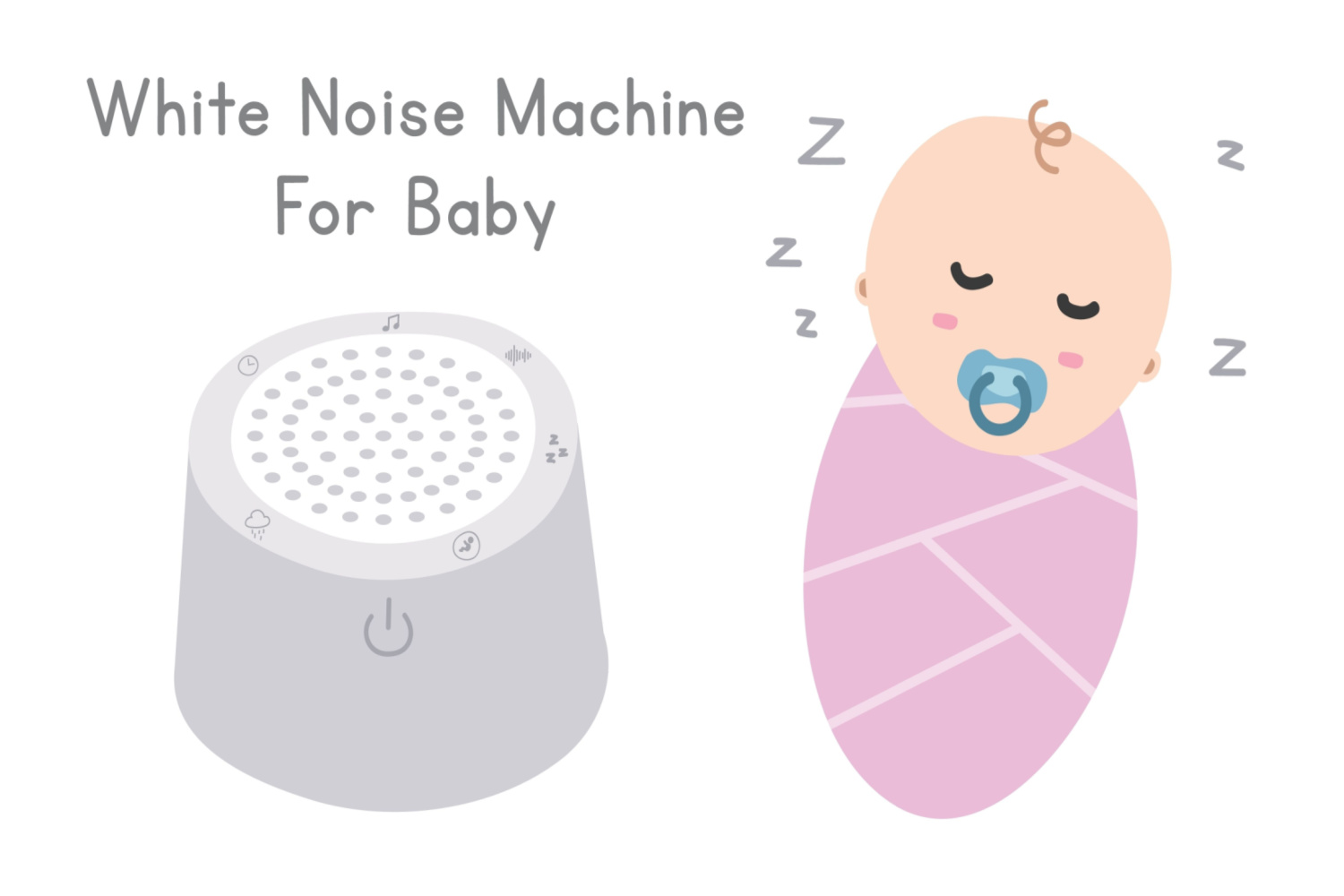
FPIES in Babies – What is it, How Common and Symptoms
5 min readWritten by Editorial Team


Babies start having their first solids at around 6 months of age. By this time, the baby’s activity levels and hunger increase. Their digestive system is developed enough to handle solid foods. But some babies may be sensitive to certain foods and find it difficult to digest certain compounds present in foods. FPIES in babies is one such condition that arises when babies are allergic to certain foods.
A food allergy occurs when an immune-medicated reaction occurs to certain proteins found in the food. This allergen can be IgE-medicated or non-IgE medicated. IgE refers to immunoglobulin E, an antibody present in the immune system. A non-IgE-medicated reaction involves cells and the gastrointestinal system. The reaction begins several hours to a few days after exposure to these allergens.
In This Article
- What is FPIES?
- Causes of FPIES in Babies
- How Common is FPIES in Babies?
- Signs And Symptoms of FPIES in Babies
- Diagnosis of FPIES
- Treatment of FPIES in Babies
- FAQ’s
What is FPIES?
Food Protein-Induced Enterocolitis Syndrome (FPIES) occurs when food allergies affect the gastrointestinal tract of children. It is a delayed (non-IgE medicated gut allergic reaction to food.) The medical term Enterocolitis refers to inflammation of the intestines and colon.
Its main symptoms are severe diarrhea, dehydration, and vomiting which do not show immediately upon consuming the triggering foods. It takes 2-4 hours after consuming the food. FPIES does not has any treatment, the only way is to avoid the foods that are causing the issue.
Causes of FPIES in Babies

The exact cause of FPIES is still unknown. This syndrome may occur due to improper reaction of the immune system to specific protein which causes inflammation in the GI tract. It may also occur due to the introduction of specific protein food like milk and soy to the infant.
The most common foods that can trigger FPIES in babies include
- Protein-rich foods such as milk and soy
- Grains such as oats and barley
- Non-vegetarian foods such as fish and chicken.
- Legumes such as peas and beans.
It is for this reason that parents of babies must be cautious when introducing new foods and give a gap of at least three days between introducing two new foods. This will help identify the culprit food easily. Always consult a pediatrician if your baby shows an adverse reaction to any food to understand the further course of action.
[Read : The 3-Day Wait Rule For Babies To Introduce Solids]
How Common is FPIES in Babies?
FPIES most commonly occurs in babies below one year of age and is relatively uncommon. This syndrome may occur once the baby is introduced to solid foods. Babies who are on formula and cannot tolerate cow milk or soy milk can also develop FPIES.
If you observe the onset of symptoms such as diarrhea, vomiting, and change in body temperature occurring when new food is added to the diet, you may suspect FPIES. The first step should be to stop giving that specific food. Compared to breastfed babies, formula-fed babies are more prone to FPIES. In recent years cases of chronic FPIES are increasing.
Signs and Symptoms of FPIES in Babies

The first signs of FPIES can appear a couple of hours after consuming the triggering foods. The earliest symptoms will be vomiting followed by other symptoms. All of the symptoms in this condition are related to the gastrointestinal tract only.
The symptoms of FPIES in babies include
- Repeated severe vomiting
- Diarrhea and loose stools
- Increase in Body temperature.
- Loss of appetite
- Tiredness or lethargy
In severe cases where the condition is not diagnosed and treated on time, babies may fail to thrive too. But these instances are rare.
[Read : Loss of Appetite in Toddlers]
Diagnosis of FPIES
The diagnosis of FPIES can be difficult since there are no definitive tests for this condition. The symptoms can often be confused with a gastrointestinal infection since the symptoms can be similar. Also, babies often may develop reactions to two foods which can make isolating the foods even more difficult.
There are a couple of ways in which a diagnosis of FPIES can happen.
1. Oral Food Challenge
A small portion of the suspected food will be given to the babies under proper medical supervision. The doctor or nurse will observe the baby and if a reaction occurs it’s diagnosed as FPIES. The doctors may then repeat the process with other known allergens to see if the baby has FPIES and what the triggering foods are.
2. Blood Tests
Some doctors may also recommend blood tests at the time that the baby is sick to check for possible FPIES but this is not widely used. Some doctors and researchers do not believe blood tests as helpful diagnosis for FPIES
Treatment of FPIES in Babies

There is no specific treatment for FPIES. The only way to handle this condition is to stop feeding the baby with the offending food.
- The first step is to consult a doctor who will help you identify the food that is causing the FPIES with the help of an Oral Food Challenge or Elimination Diet.
- Once the food is identified, you must stop feeding that particular food to your baby.
- If the baby is breastfeeding and if the symptoms are related to breast milk, then an immediate preventive diet should be used by the mother. Alternatively, the doctor may suggest putting the baby on specialized formula as per need.
- If the baby is fed formula, the use of amino-acid-based formula may be needed.
- Babies suffering from FPIES may face dehydration due to continuous diarrhea and vomiting. You must take care to feed the baby plenty of liquids to help them cope with the loss of water and salts.
- In severe cases of dehydration, you may need to rush to the emergency care where the baby will be monitored and given IV fluids as per need.
FPIES in babies can be difficult to diagnose but understanding the triggers becomes crucial to ensure that the baby is getting timely treatment. If your baby is experiencing symptoms like diarrhea and vomiting frequently and you don’t seem to catch a break, discuss the possibility of FPIES with the pediatrician. Maintaining a food diary and eliminating the offending foods from your baby’s diet can help you help your baby get relief from this condition.
FAQ’s
1. Do Babies Outgrow FPIES?
Most babies do outgrow FPIES. This condition is usually seen in babies at or after six months of age when they start solids. At this time, babies have immature immune systems which will cause them to develop reactions to certain foods. But by the time they reach 5 years of age, nearly 80% of babies outgrow this condition. Other babies may continue having this reaction to offending foods well into their teens.
2. Can Breastmilk Cause FPIES in Babies?
Yes, there is a chance of breast milk causing FPIES in babies. Some babies may develop gastrointestinal disturbances or FPIES to the protein present in breast milk. But FPIES from breast milk is extremely rare and is not seen in many babies.
3. How Long Do the Symptoms of FPIES Last in Babies?
The symptoms of FPIES last depending on how long and how severe the condition is seen in the baby. Babies with acute FPIES will have symptoms that last 4-6 hours after eliminating the trigger food. Those with chronic FPIES may continue experiencing symptoms for up to 5-10 days after eliminating the triggering food.
Read Also: Dravet Syndrome in Babies – Causes, Symptoms, and Treatment

Editorial Team,
With a rich experience in pregnancy and parenting, our team of experts create insightful, well-curated, and easy-to-read content for our to-be-parents and parents at all stages of parenting.Read more.
Responses (0)
Want curated content sharply tailored for your exact stage of parenting?
Related articles

What to Look For While Buying a White Noise Machine For a Baby?

Psoriasis and Breastfeeding – Is it Safe, Treatment & Tips to Manage

Passion Fruit (Krishna Phal) For Babies – Is it Safe, When to Introduce and Benefits

Developmental Supportive Care For Newborns in NICU by Dr Lathiesh Kumar Kambham

Finger Painting For Babies – How it Helps in Baby’s Development

CHARGE Syndrome in Babies – Causes, Symptoms and Treatment
Sponsored content
Discover great local businesses around you for your kids.
Get regular updates, great recommendations and other right stuff at the right time.





